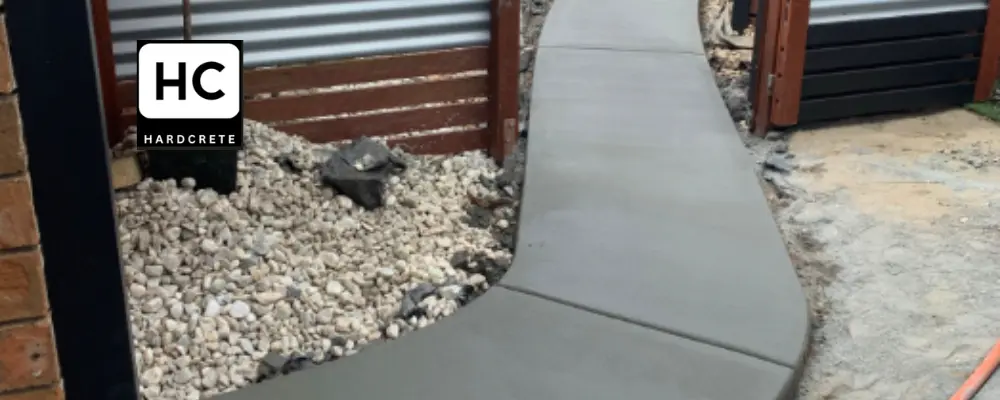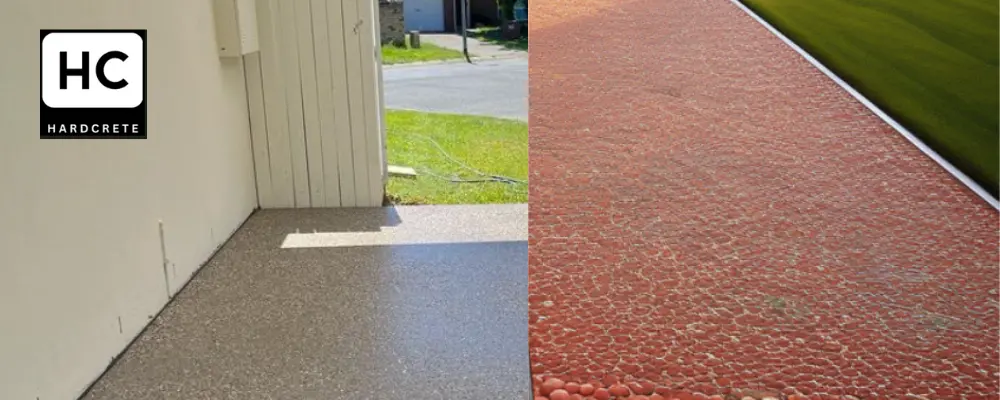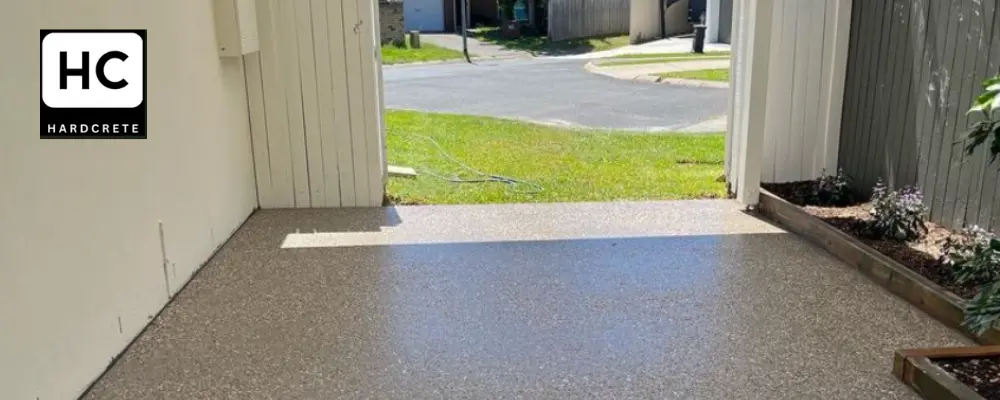When embarking on a construction project involving concrete, understanding the process and knowing what to expect when working with a concrete contractor can make all the difference in achieving successful outcomes. From laying the groundwork to finishing touches, each step in the process requires precision and expertise. In this comprehensive guide, we’ll delve into the intricacies of working with a concrete contractor, shedding light on the various stages of the project and the roles involved. Whether you’re planning a residential driveway, a commercial foundation, or decorative concrete features, knowing what to anticipate can streamline communication, mitigate surprises, and ultimately ensure satisfaction with the final result. Join us as we demystify the process, providing valuable insights and tips to empower you as you collaborate with your concrete contractor on your next construction endeavor. Let’s dive in and explore the journey of transforming raw materials into enduring structures.
A Guide to Working with Concrete Contractors
When embarking on a construction project involving concrete, partnering with a reliable and experienced concrete contractor is paramount. These professionals play a crucial role in ensuring the success of your project, from inception to completion. To facilitate a productive and collaborative working relationship, it’s essential to understand the responsibilities and expectations associated with working with a concrete contractor.
- Initial Consultation: The process typically begins with an initial consultation between the client and the concrete contractor. During this meeting, the contractor will assess the project requirements, gather essential information such as project scope, budget, and timeline, and address any questions or concerns the client may have. It’s an opportunity for both parties to establish clear communication and alignment on project objectives.
- Project Planning: Following the initial consultation, the concrete contractor will develop a comprehensive plan for the project. This plan will outline the necessary steps, including site preparation, material selection, construction methodology, and scheduling. Depending on the complexity of the project, the contractor may collaborate with architects, engineers, and other stakeholders to ensure a thorough and efficient planning process.
- Permitting and Compliance: Obtaining the necessary permits and ensuring compliance with local building codes and regulations are essential aspects of any construction project. Concrete contractors are well-versed in navigating the permitting process and will ensure that all necessary approvals are obtained before commencing work. By adhering to regulatory requirements, they help mitigate potential delays and ensure the project proceeds smoothly.
- Material Selection and Procurement: Choosing the right materials is critical to the success and longevity of a concrete project. Concrete contractors have expertise in selecting high-quality materials that are suited to the specific requirements of the project, taking into account factors such as strength, durability, and aesthetics. They also manage the procurement process, ensuring timely delivery of materials to the construction site.
- Construction Execution: Once all preparations are in place, the concrete contractor will commence construction according to the agreed-upon plan. This involves various tasks such as site preparation, formwork installation, concrete mixing and pouring, finishing, and curing. Throughout the construction process, the contractor will oversee the workmanship and ensure that quality standards are met at every stage.
The Key to a Successful Concrete Project
Embarking on a concrete project can be an exciting endeavor, but it’s also one that requires careful planning and clear communication between you and your concrete contractor. One of the fundamental aspects of ensuring a successful outcome is setting realistic expectations from the outset. In this blog post, we’ll explore why setting expectations is crucial and provide valuable insights into how you can effectively collaborate with your concrete contractor to achieve your project goals.
Understanding the Scope
The first step in setting expectations for your concrete project is gaining a clear understanding of the scope. This involves defining the size and complexity of the project, as well as identifying any specific requirements or preferences you may have. Whether you’re planning a simple patio installation or a large-scale commercial construction project, communicating your needs and expectations upfront is essential for a smooth and successful outcome.
Clarifying Timelines
Another important aspect of setting expectations is establishing realistic timelines for the project. This includes not only the duration of the construction phase but also any preparatory work that may be required beforehand. Discussing factors such as weather conditions, material availability, and scheduling constraints with your contractor can help ensure that everyone is on the same page regarding project timelines and deadlines.
Addressing Budgetary Concerns
Budgetary considerations are often a primary concern for clients undertaking a concrete project. Setting a clear budget from the beginning and discussing it openly with your contractor can help prevent misunderstandings and ensure that the project stays on track financially. Your contractor can provide valuable insights into cost-saving measures and alternative materials or design options that align with your budgetary constraints.
Communicating Expectations
Effective communication is the cornerstone of any successful construction project. Regular communication with your contractor throughout the duration of the project can help address any concerns or issues that may arise and ensure that everyone remains aligned on project goals and expectations. Be sure to express any preferences or changes in scope promptly to avoid delays or misunderstandings down the line.
Embracing Flexibility
While it’s important to set clear expectations for your concrete project, it’s also essential to remain flexible and adaptable throughout the process. Construction projects can be subject to unforeseen challenges or changes, such as inclement weather or site conditions. By maintaining open lines of communication and being willing to adjust plans as necessary, you can help ensure a successful outcome even in the face of unexpected obstacles.
Quality Assurance: Ensuring Excellence in Concrete Construction
In the realm of construction, quality assurance stands as the cornerstone for delivering exceptional results. When it comes to concrete construction, this principle holds even more significance due to concrete’s ubiquitous presence in various structures, from buildings and bridges to roads and pavements. Ensuring excellence in concrete construction requires meticulous attention to detail, adherence to industry standards, and a commitment to best practices throughout every phase of the project.
Adhering to Industry Standards and Best Practices
At the heart of quality assurance in concrete construction lies a commitment to adhering to established industry standards and best practices. These standards, set forth by organizations such as the American Concrete Institute (ACI) and the ASTM International, provide guidelines for various aspects of concrete design, production, placement, and curing. By following these standards diligently, contractors can ensure consistency, reliability, and structural integrity in their work.
Materials Selection and Testing
One of the fundamental aspects of quality assurance in concrete construction is the careful selection and testing of materials. This includes not only the concrete mix itself but also supplementary materials such as aggregates, admixtures, and reinforcements. Contractors must source materials from reputable suppliers and verify their quality through rigorous testing procedures. This ensures that the concrete meets the required strength, durability, and performance criteria for the intended application.
Stringent Quality Control Measures
In addition to materials testing, quality assurance relies on stringent quality control measures implemented throughout the construction process. This involves monitoring various parameters such as mix proportions, batching accuracy, placement techniques, and curing conditions. By maintaining tight control over these variables, contractors can minimize the risk of defects, flaws, and inconsistencies that could compromise the integrity of the finished structure.
Continuous Inspection and Monitoring
Quality assurance in concrete construction also entails continuous inspection and monitoring at every stage of the project. Qualified inspectors assess the workmanship, structural integrity, and adherence to specifications to identify any deviations or deficiencies that require corrective action. This proactive approach allows contractors to address issues promptly, prevent costly rework, and maintain the overall quality of the project.
Documentation and Compliance
Documentation plays a vital role in quality assurance, providing a record of materials, procedures, tests, inspections, and other pertinent information throughout the construction process. Contractors maintain detailed records to demonstrate compliance with project requirements, regulatory standards, and contractual obligations. This documentation not only ensures accountability but also facilitates transparency, communication, and accountability among all stakeholders.
Conclusion
When partnering with Hardcrete Concreters Gold Coast, clients can anticipate a seamless and professional experience throughout their project journey. With our commitment to excellence and years of expertise in the industry, we ensure that every aspect of working with a concrete contractor is met with efficiency, reliability, and quality craftsmanship. From initial consultations to project completion, we prioritize clear communication, attention to detail, and adherence to deadlines, guaranteeing customer satisfaction and the realization of their concrete construction goals. Contact us at +61 1300223086 to embark on your next concrete project journey in Gold Coast, Queensland, Australia.




